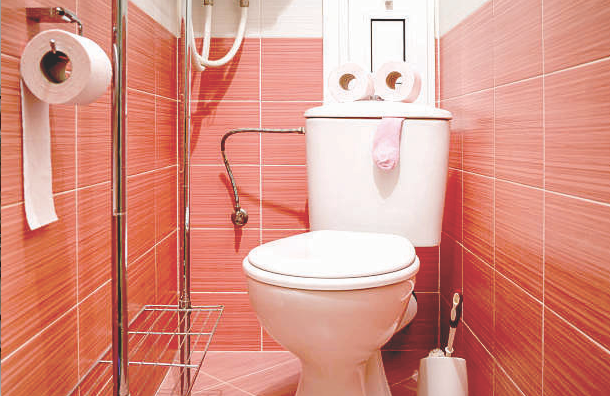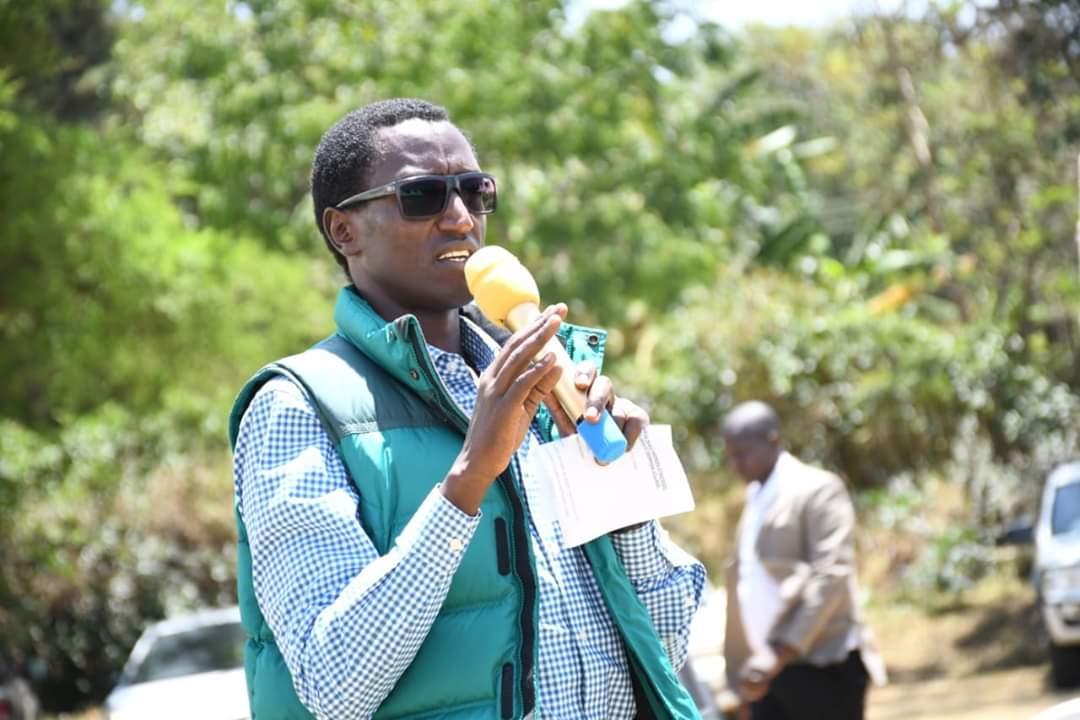Whether you squat, sit or empty into a pouch, everybody needs to remove feacal waste from their body

Over the years, many households have embraced the flush and forget approach, which has always considered human feaces a waste product. However, there is still over 892 million people in the world who still defecate out in the open, according to the United Nations.
Elaine Nyongesa, a domestic manager, says she had never understood why human waste became a taboo whereas over the years, animal poop has never been a problem yet it still contains the same pathogens and dirt.
“Why should it be any different for human waste yet growing up, we would always use cow dung to beautify our houses and found it so valuable to use it even in our farms?” she asks.
She adds that we should take the same approach for human waste, even though toilet use and using feaces for manure has always been a taboo among many people.
Interestingly, every time she is at home in Mbale, Vihiga County she encourages her children to poop in the farm to get manure for her crops.
However, she notes bringing up a conversation about how valuable human waste is always leave people squeamish.
Geoffrey Wango, a psychologist at the University of Nairobi says, the taboo behind poop has always been a big concern in that you find some people actually get shy about pooping in public, a condition known as shy bowel syndrome or parcopresis.
Mainstream yet?
The don adds that such people will always get overwhelmed and fear being judged by others because of the sounds and smells associated with defeacation. Often the fear is instilled by the notion that doing a number two is embarrassing, consequently, they force themselves to hold it in rather than walk into a public toilet.
In other countries, poop has become mainstream. For example, England’s National Poo Museum, set up in 2016, is dedicated to the collection, conservation and display of faeces. In Japan, the Unko Museum, offers a colourful display of poop to encourage visitors to shed off their self-consciousness about human waste. In Kenya, poop is being converted into fuel.
Dickson Ochieng, director of government relations at Sanivation— a sanitation services social enterprise— says, poop has never been a taboo to them. They even use treated feacal matter as fuel for cooking.
“We need to ease cultural taboos surrounding toilet use that get in the way of safety and health, and how valuable poop can be for households,” he says.
“We aim at eliminating waste and make it a continual use of resources. We ensure collected waste is transformed via solar thermal technology, which through our partnership with Centre of Disease Control, has been demonstrated to render faeces safe for reuse,” he says.
They then combine treated faeces with carbonised flower waste to make charcoal briquettes.
“A local flower farm supplies us with free rose waste that allows us to sell our briquettes at 60 per cent the price of charcoal. The briquettes have lower particulate matter and carbon monoxide emissions than charcoal, and no smell,” he explains.
Kariuki Mugo, country manager Water and Sanitation for the Urban Poor, says one of the main reasons poop remains taboo is because of the divergence in the language we speak.
Changing mindsets
He says often people sensitising against human waste will always say how it is harmful and contains pathogens that could be harmful to the human body, but don’t go an extra mile to tell people of the other side of how it can be valuable.
“You hear most of them talk about how after using the toilet one should never bother to know where it goes because it could contain pathogens that could be harmful, and could lead to preventable infectious diseases,” he says.
He adds that although over time the solution has always been on availability and access to toilets, people often forget cultural taboos that prevent toilet use, which include prohibition of mixing of feaces between a man and his daughter-in-law or sharing of toilets with relatives they respect.
“All this narrows down to changing people’s mind sets about sanitation and getting them to understand that if you keep it somewhere and left it to dry it could be reused as manure in your own farm,” he says.
Kariuki says one way to change the narrative is by ensuring that the two messages- dangers and benefits of poop- are combined to get rid of stigma surrounding poop.











